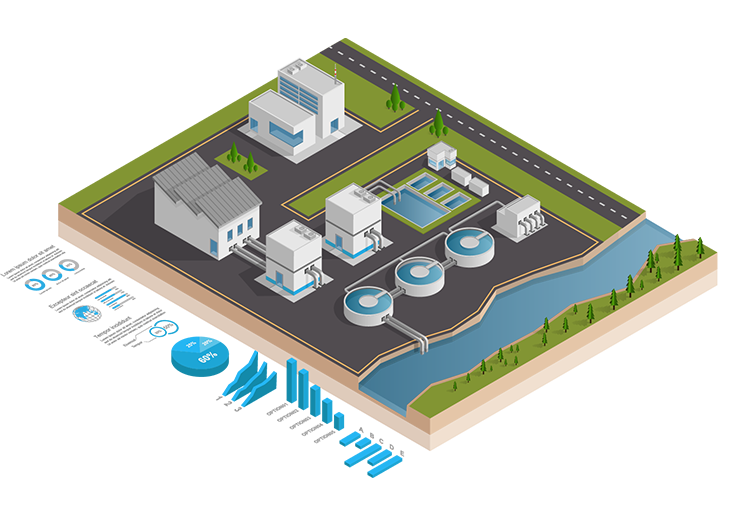What Enterprises can do for the Environment
Environmental hazards have become a real and present threat to human existence, especially in rapidly developing Southeast Asia.
With increasing environmental externalities posing obstacles for further socioeconomic growth, governments are announcing new policies and commitments to embrace sustainability.
However, as the fight to preserve our world and health is a collective endeavour, it is imperative for enterprises of all sizes to seek opportunities to collaborate with institutions between sectors, as well as innovate for the purposes of achieving clear and positive environmental outcomes.
Supporting the Environmental Agenda
Governments around Southeast Asia have been trying to balance sustainability with economic growth, but wide-ranging policies are only effective if supported and supplemented by businesses. As the main drivers of economies, they will lead adoption and adherence within the community.
It is here that private sector organisations can step up to make a difference. On a global scale, we are already seeing large corporations take the lead in addressing climate change through initiatives and programmes, and their Southeast Asian counterparts can do the same.
Reducing carbon emissions and eliminating single-use plastics is the first step; where corporations can really make a difference is by leading the implementation of large-scale green projects, such as the work Hitachi has done on the Super Low Energy Building Smart Hub in Singapore.
Small and medium-sized enterprises (SMEs), too, should not be overlooked.
Many enterprises tend to believe that going green is costly, particularly in the short-term, and that their contribution will have little impact. However, every act of participation can build the foundation of fostering change at a more holistic level. As more enterprises come on board, especially considering how greener approaches can be economically beneficial in the long-term, combined efforts will help foster a collective effort towards improving environmental sustainability within Southeast Asia and beyond.
Addressing Environmental Challenges in Southeast Asia
By being conscious of the various challenges unique to each country or market and balancing this with improving the lives of citizens, enterprises can better collaborate with governments and other stakeholders to focus their efforts directly on reducing environmental impact.
To support greater socio-economic growth, ASEAN nations are increasingly digitalising, which is in turn accelerating demand for energy. However, many countries are still reliant on non-renewable power sources, which also produce more pollution.

Southeast Asia is also home to some of the most densely populated cities in the world, which will only continue to grow as economies mature, leading to future urban sustainability challenges.
Enterprises can help support urban growth and reduce adverse environmental impact by building solutions that foster the creation of Smart Cities.
For instance, Hitachi is using data analytics and IoT to make buildings more energy-efficient.
Access to clean water is another perennial issue for Southeast Asian countries, which is compounded by rising industrialisation and booming population growth.
Through innovation, enterprises can create new ways to ensure that everyone has easy access to clean water, such as with Hitachi’s work to improve the water supply infrastructure in cities such as the Philippines and Vietnam, as well as to expand the daily processing capacity of existing sewage treatment facilities.

More Enterprises of All Sizes need to Play a Role for Lasting Impact
Global megatrends such as widespread digital transformation and continued population growth will boost economic growth in emerging markets such as Southeast Asia. However, this economic growth cannot be left unchecked, given the trend towards environmental hazards not only impacting mortality, but long-term health and business impact.

To ensure that future generations can also reap the benefits of this economic growth, environmentally sustainable approaches must be adopted by everyone – including enterprises.
At Hitachi, we have long been collaborating with governments and investing our resources into supporting green development. However, we are but one organisation; we hope that more like-minded enterprises in the ecosystem will join us in our quest to foster real, holistic, and lasting environmental change – for a world worth building is a world worth preserving.
Date of Release: October 2021



